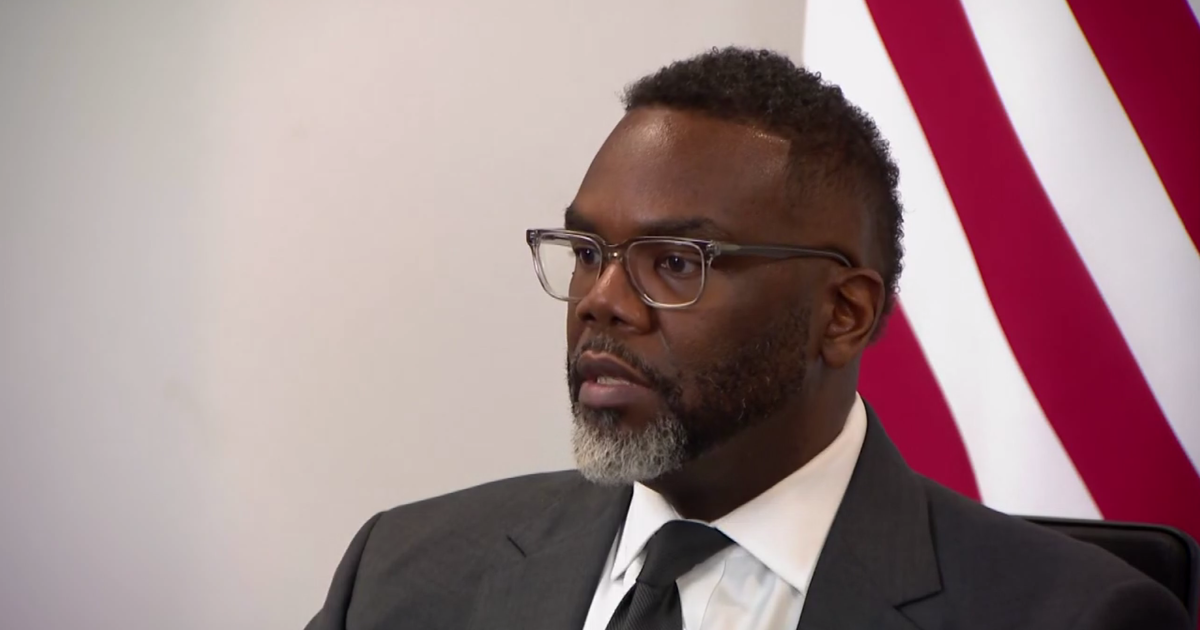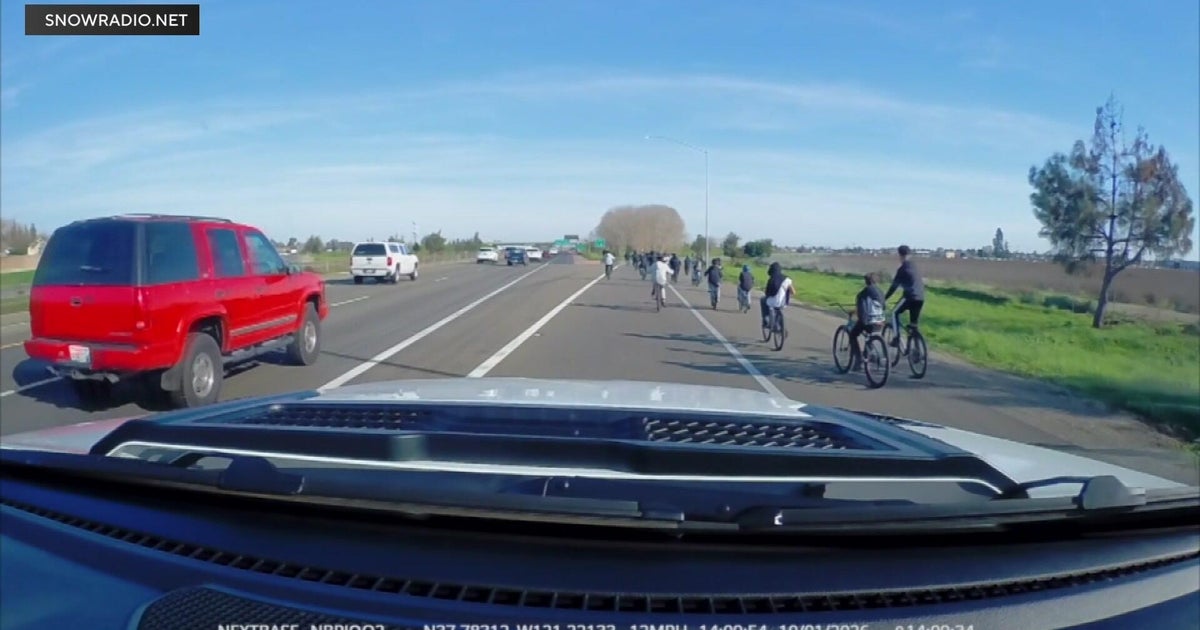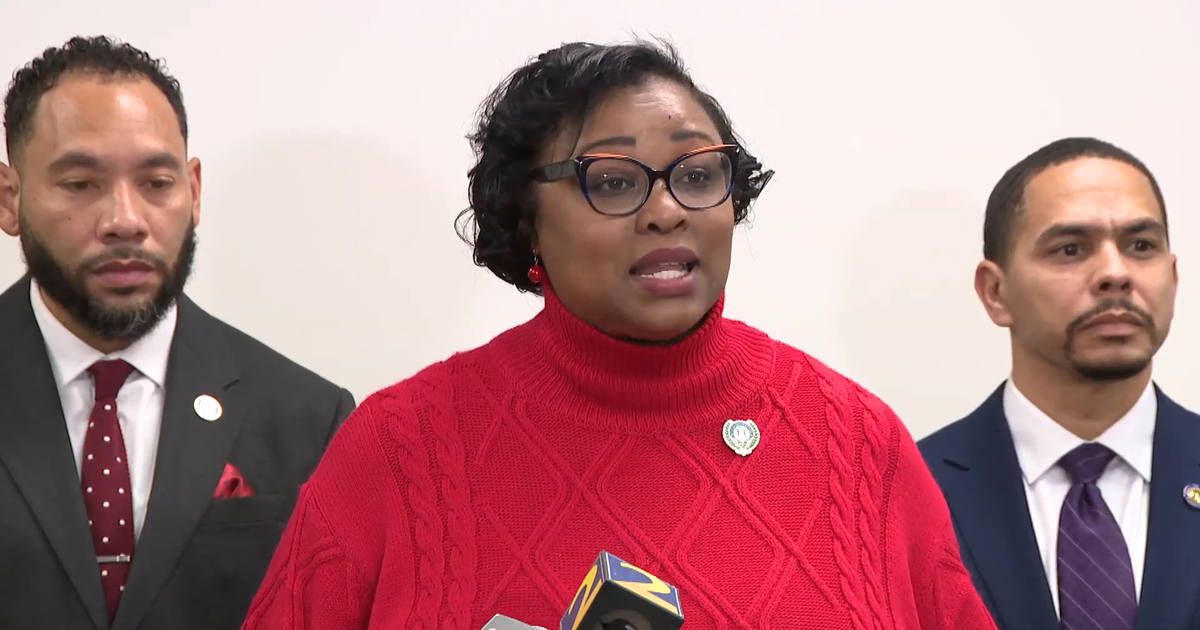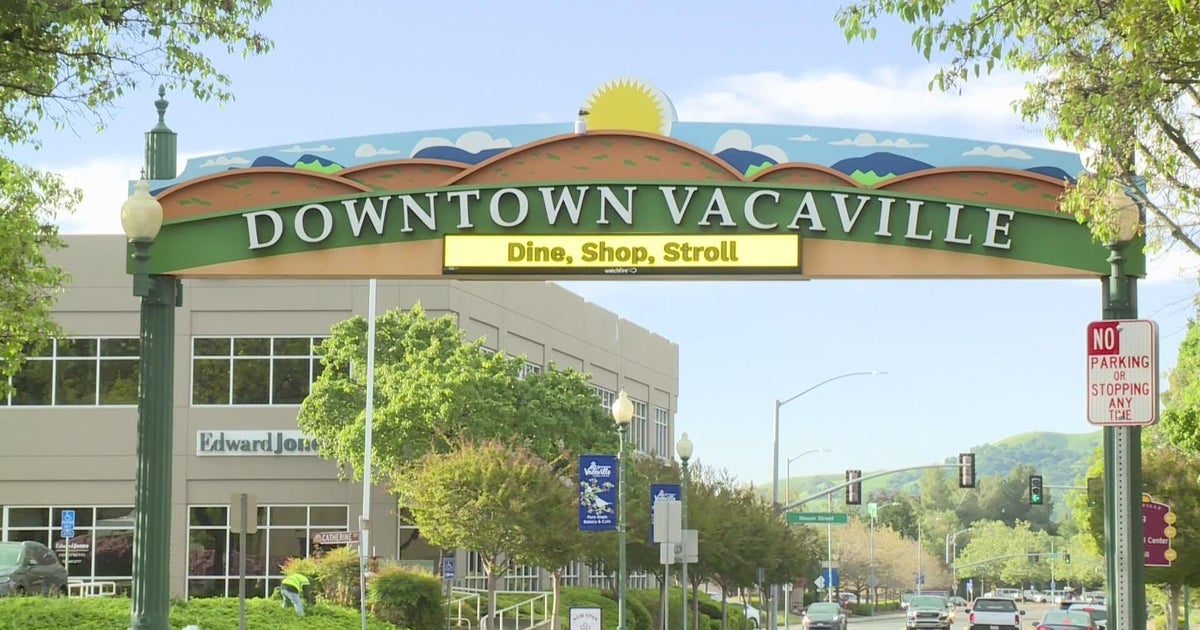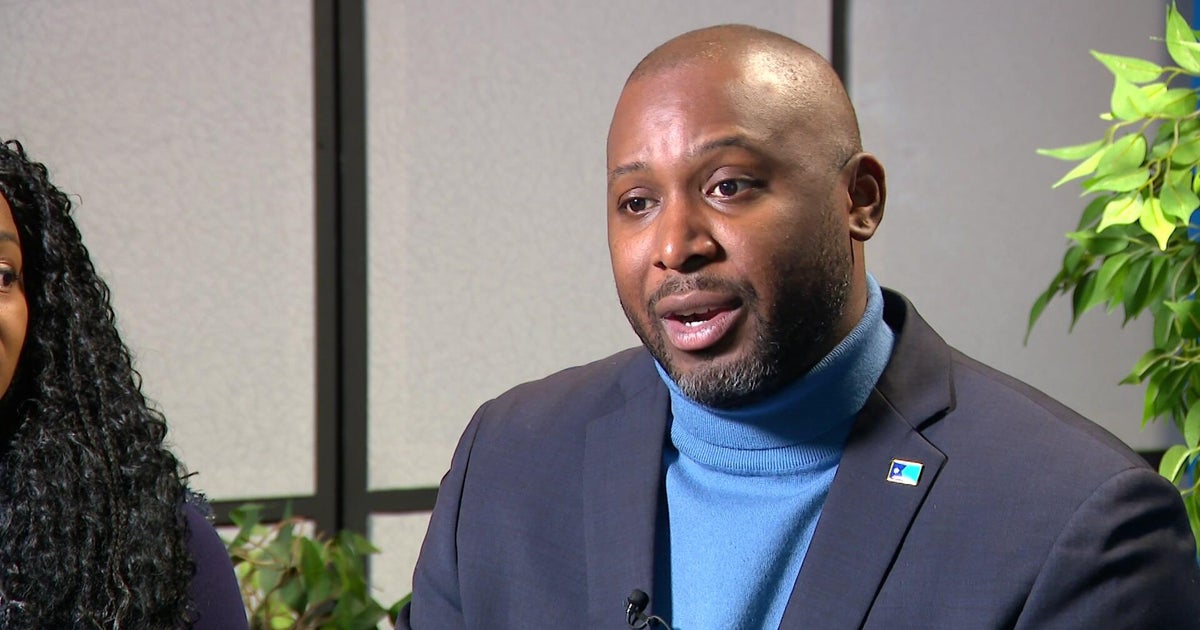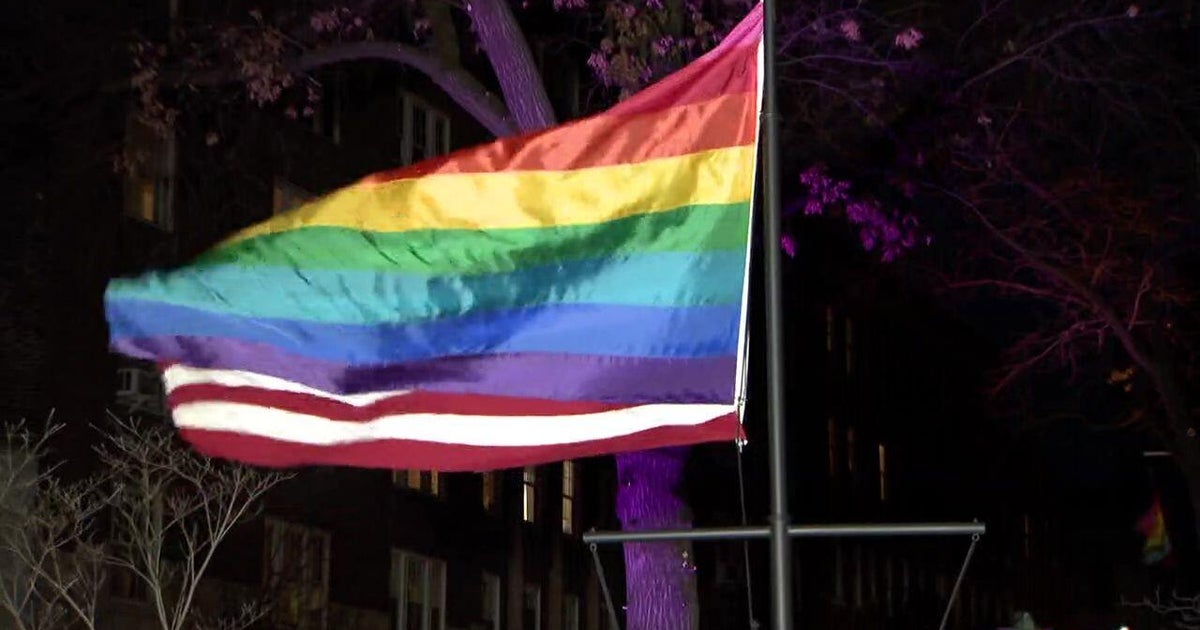Quinn Vetoes State Ride-Sharing Regulations
CHICAGO (AP) -- Taxicab companies and others seeking statewide regulation of the emerging ridesharing industry pushed for a legislative override Monday after Illinois Gov. Pat Quinn vetoed measures that would have imposed background checks and insurance requirements on some drivers.
In a statement, Quinn said the two bills would have prevented local governments from adopting rules that fit their communities.
"I am vetoing this legislation because it would have mandated a one-size-fits-all approach to a service that is best regulated at the local level," Quinn said.
Chicago Mayor Rahm Emanuel applauded the veto, and the City Council has passed an ordinance that will take effect next week imposing restrictions on some of the rideshare companies.
The taxicab industry has said the Chicago ordinance doesn't go far enough to protect consumers. The industry has lost some drivers to the rideshare business.
Bill sponsor Rep. Mike Zalewski, a Riverside Democrat, said he was disappointed with Quinn's veto. Ridesharing services, he said, "stretch across city and county lines and the bills would provide important baseline protections that local governments could build upon."
The statewide measures would have regulated services provided by drivers who use personal vehicles to provide transportation to the public. Customers use their smartphones to order rides offered through companies such as Uber X, Lyft and Sidecar.
Bruce Rauner, Quinn's Republican opponent this November, had urged the veto, saying the legislation would hold back tech-driven innovation.
"Quinn ended up on the same side as Bruce Rauner and Silicon Valley billionaires, instead of on the side of Illinois consumers," said Mara Georges, an attorney for the Illinois Transportation Trade Association, which represents taxi companies. "It would have given passengers the security of knowing their driver had passed a criminal background check and their driver had adequate insurance."
The measures would have required drivers who work more than 36 hours in a two-week period to have a chauffeur's license and for all drivers to carry commercial liability insurance.
William McNary, co-director of the consumer rights group Citizen Action Illinois, called on lawmakers to override the veto.
"This legislation was passed with overwhelming bipartisan support," McNary said in a statement. "The Uber taxi industry is a multi-billionaire dollar industry. It is time they acted like grown-ups and played by same set of rules that other taxi companies must abide by."
The veto was supported by Lyft, which is known for pink mustaches on front bumpers and does business in more than 20 U.S. cities.
"The legislation -- designed to protect entrenched industries and maintain the status quo -- would have stifled innovation and reduced consumer choice," said the Lyft statement.
(TM and © Copyright 2014 The Associated Press. All Rights Reserved. This material may not be published, broadcast, rewritten or redistributed.)
